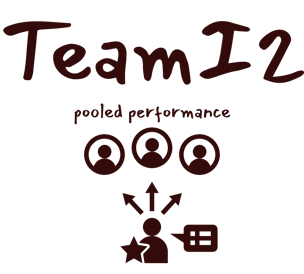401K & solo 401K
Why?
Have adequate money at retirement.
Do some tax savings.
Get free extra money from your employer, based on how they match your contributions.
In general, a good monthly savings habit.
What?
401K is an investment plan between employee & employer.
Employee agrees to have a certain % (there is max limit set by IRS) of their money taken out of each paycheck.
Employer also puts in certain % and match the employee contributions. (How much do they match is something you have to ascertain during job interview and signing your job contract).
Investments are usually in stock market, mutual funds, bonds etc.
Types
Traditional 401K: no tax now (ie money goes to investment pre-tax). However, you will pay tax at retirement when you withdraw the money.
Guess it’s beneficial if your earning potential remains the same or decreases as you age, and you might fall under a lower tax bracket at retirement compared to current tax bracket.
Roth-401K: taxed now. Or, money goes into 401K investment account after paying taxes due now.
Beneficial if your career is such that has potential to earn more as you age (typical for most doctors). So, pay taxes now (you might be in a lower bracket for few years now) and withdraw money tax-free at retirement.
Limits
Max amount that an employee or employer can contribute is adjusted periodically to account for inflation.
2024: Employee limit: $23,000. Employer limit: 25% of employee’s annual salary. Total cannot exceed 69,000 (for those age<50).
Solo 401K
Imagine a situation if you are both employer and employee!
I have an LLC, and 50% of my annual salary is paid to my LLC. Later, I could have all 100% of my pay to go to my LLC.
Now, as an employee (of one’s own LLC) you can elect to have 23,000 put in your 401K; and as the employer, you can put 25% to the same 401K. However, the total cannot exceed 69,000.
As most likely earning potential might increase in the future, better to do Roth 401K, pay taxes now, save-invest, and withdraw money tax-free at retirement.
Withdrawal cannot be made before 59.5 years of age (or in cases of trigger events, such as death, disability etc., but have to pay penalty).
Resources
Please read up online resources to know more details on withdrawals, qualified distribution (where you don’t pay taxes or not get penalized).
Please feel free to contribute or add things that you think might help the readers.
Few suggestions:
https://www.investopedia.com/terms/1/401kplan.asphttps://www.fidelity.com/learning-center/personal-finance/retirement/self-employed-401k
https://www.nerdwallet.com/article/investing/what-is-a-solo-401k
